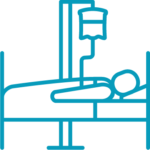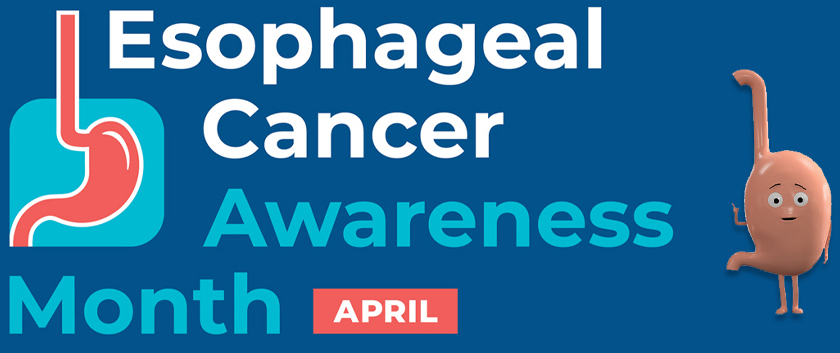Achalasia
A rare disorder making it difficult for food and liquid to pass into the stomach.
Achalasia results from damage to nerves in the food tube (esophagus), preventing the esophagus from squeezing food into the stomach. It may be caused by an abnormal immune system response.
Symptoms include a backflow of food in the throat (regurgitation), chest pain, and weight loss.
Achalasia can usually be managed with minimally invasive (endoscopic) therapy or surgery.
Affects the Esophagus
Can Cause Weight Loss
Symptoms include Heartburn
Treated with Surgery
Symptoms, Causes and Treatments
Achalasia symptoms generally appear gradually and worsen over time. Signs and symptoms may include:
- Inability to swallow (dysphagia), which may feel like food or drink is stuck in your throat
- Regurgitating food or saliva
- Heartburn
- Belching
- Chest pain that comes and goes
- Coughing at night
- Pneumonia (from aspiration of food into the lungs)
- Weight loss
- Vomiting
The exact cause of achalasia is poorly understood. Researchers suspect it may be caused by a loss of nerve cells in the esophagus. There are theories about what causes this, but viral infection or autoimmune responses have been suspected. Very rarely, achalasia may be caused by an inherited genetic disorder or infection.
Achalasia treatment focuses on relaxing or stretching open the lower esophageal sphincter so that food and liquid can move more easily through your digestive tract.
Specific treatment depends on your age, health condition and the severity of the achalasia.
Non-surgical treatments include: Pneumatic dilation- expansion of the esophageal opening via balloon inflation, Medications- muscle relaxers before eating and botox- used as a muscle relaxant for candidates that are unable to be treated by medicine or pneumatic dilation.
Surgical options for treating achalasia include: Heller myotomy- a surgical cut to the muscle to allow food to pass more easily and Peroral endoscopic myotomy- a procedure with the use of an endoscope to create the incision in the lining of the esophagus.









